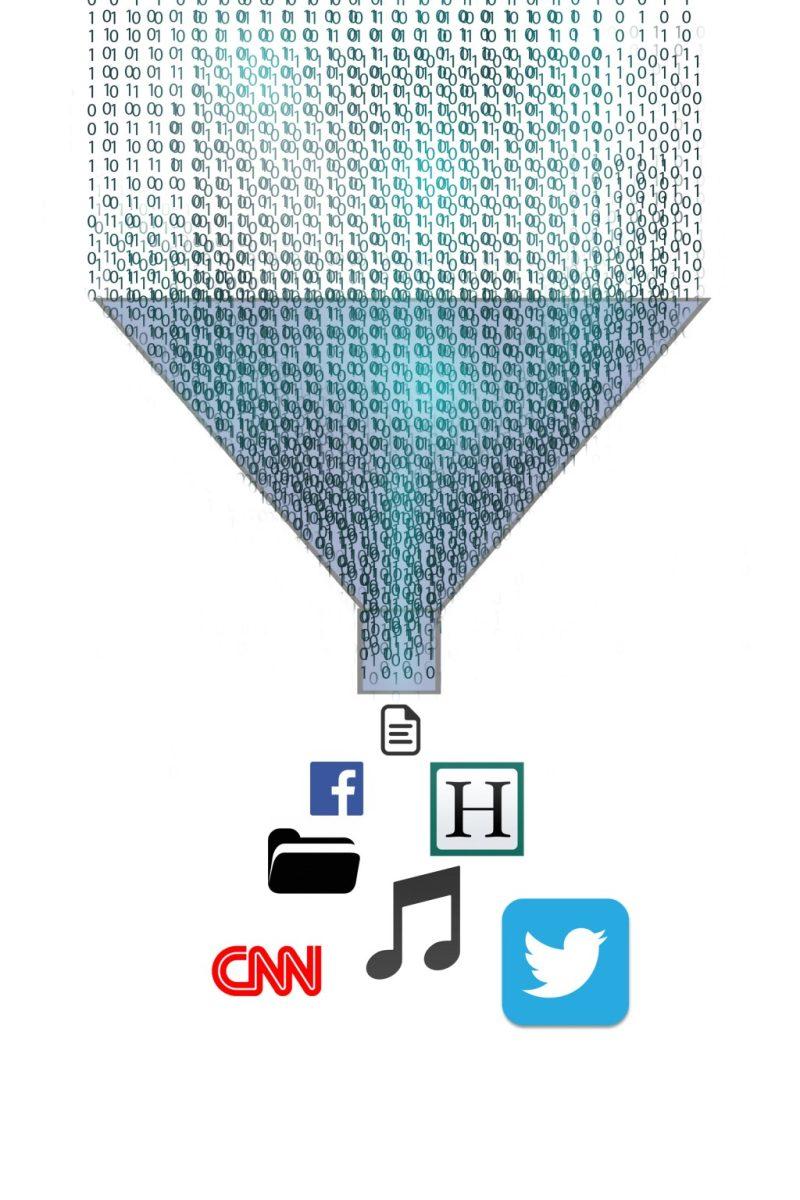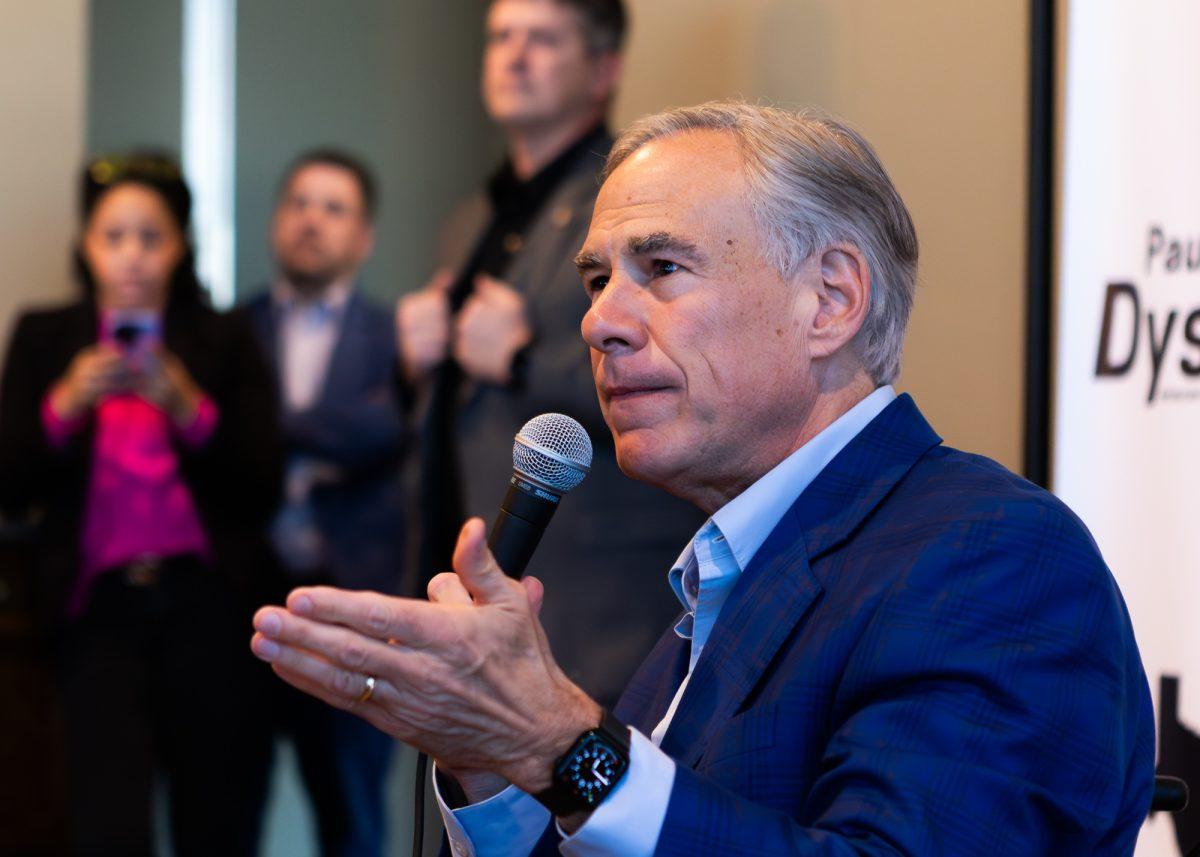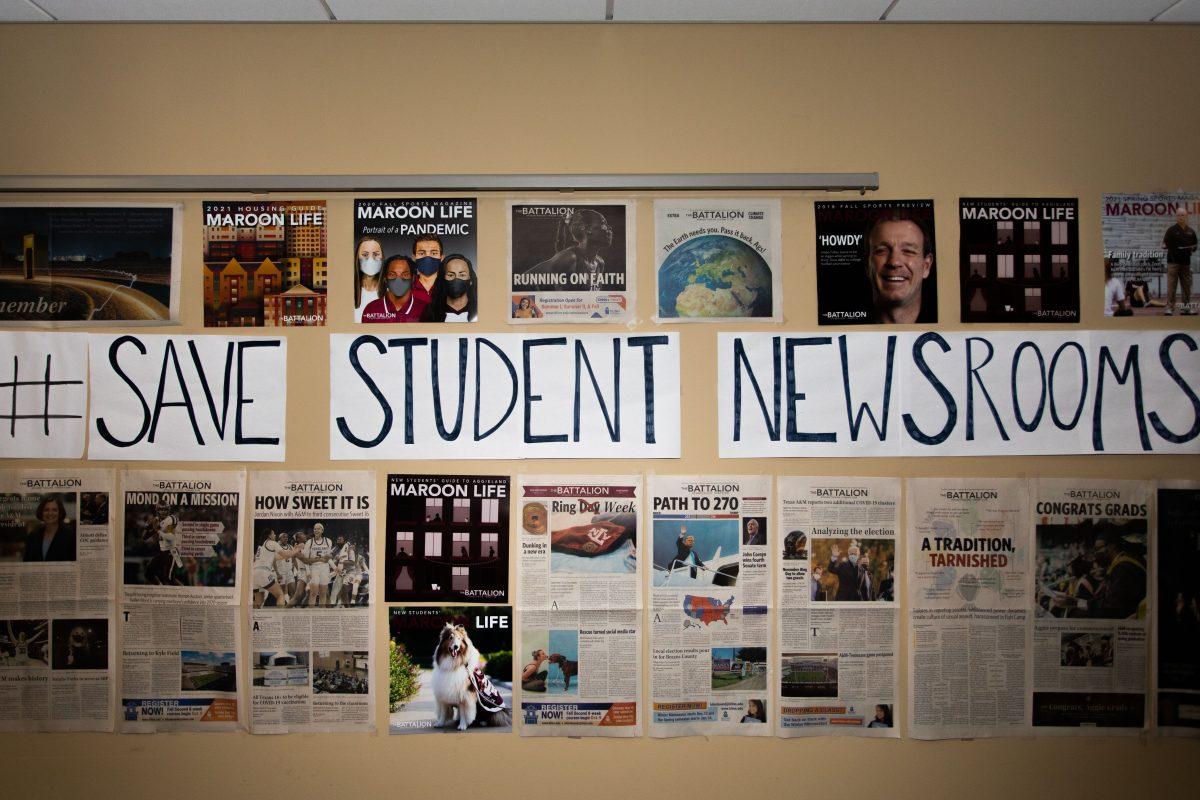As the national conversation over a free and neutral Internet rumbles on and policymakers of all levels chip in on the debate, the issue might seem confusing to some.
But beneath the buzzwords, the core principles of the issue aren’t so complicated, said Heidi Campbell, associate professor of telecommunication media studies.
Preserving net neutrality, the principle that all Internet traffic should be treated equally, a a point of dispute between Internet service providers, content producers and consumers.
A statement from President Barack Obama to the Federal Communications Commission discouraged the implementation of rules that enable discriminatory blocking, throttling, low transparency and paid prioritization.
Campbell said throttling and paid prioritization are simple concepts, despite all the confusion.
“Throttling is the idea of having a wide conduit that suddenly slows down,” Campbell said. “Basically the narrowing down of the pipeline, so not as many packets can go through. So it means when you’re sending your emails, it’s taking longer to get there, and when you’re watching Netflix, you’re getting a lot of freeze frames and pauses in the system.”
Campbell said paid prioritization occurs when the traffic of costlier Internet packages is prioritized over cheaper packages. This is where the idea of Internet “fast lanes” comes from — individuals with a more expensive package enjoy a faster Internet speed, or lane, for their information.
“Normally, we’re used to paying for a plan, ‘I’ll just get unlimited Internet,’ and we may be able to choose one or two packages,” Campbell said. “But now, you could potentially have four or five package choices, and realizing if you get the cheapest package things like Youtube, Netflix, especially streaming music if you’re using Internet radio, are going to be a lot slower unless you’re willing to pay the money.”
In his statement, Obama called on the FCC to reclassify the Internet as a utility under Title II of the Telecommunication Act.
Campbell said this move would allow the FCC greater flexibility in implementing federal regulation.
The FCC has not made a move toward action yet, a decision that Chairman Tom Wheeler said in a press release is due to concern over lawsuits from large telecommunications corporations, lawsuits Wheeler said he is sure the FCC will see.
The latest plan proposed by the FCC suggested possible “hybrid” solutions to the debate that would be a compromise.
Campbell said the intentions of a hybrid approach such as the one Wheeler is suggesting would be to implement the Internet as a utility in some areas while also allowing fast lanes for certain companies.
The lawsuits with which Wheeler is concerned are likely to come from larger media communication corporations like Comcast, AT&T and Verizon. Meg Penrose, a professor at the Texas A&M University School of Law with expertise in Internet law, said the efforts of these entities to fight changes until the FCC rules are established may be undermined by open access.
“AT&T said it was going to halt investment in boosting Internet speeds in over 100 American cities until these rules are cleared up,” Penrose said. “They need to recognize without AT&T and Comcast and Verizon upgrading systems and services, there are issues that might affect all of our access to the Internet.”
In a press release, Wheeler said the FCC would need more time to contemplate their decision, due to the significant legal implications behind reclassification and hybrid approach.
Campbell said the problem arises from a continually more limited spectrum of data available for radio, television and the Internet.
“The whole net neutrality debate was, ‘How can we keep services going the way they are?’ and, ‘Somebody’s going to have to pay for it,’ because they never expected the number of people and the high amount of dependency on the Internet,” Campbell said. “Not just for infrastructure and government education services, but how it has changed peoples’ daily lives and their entertainment.”
A&M profs help untangle issue of Internet neutrality
November 30, 2014
0
Donate to The Battalion
$0
$5000
Contributed
Our Goal
Your donation will support the student journalists of Texas A&M University - College Station. Your contribution will allow us to purchase equipment and cover our annual website hosting costs, in addition to paying freelance staffers for their work, travel costs for coverage and more!
More to Discover









